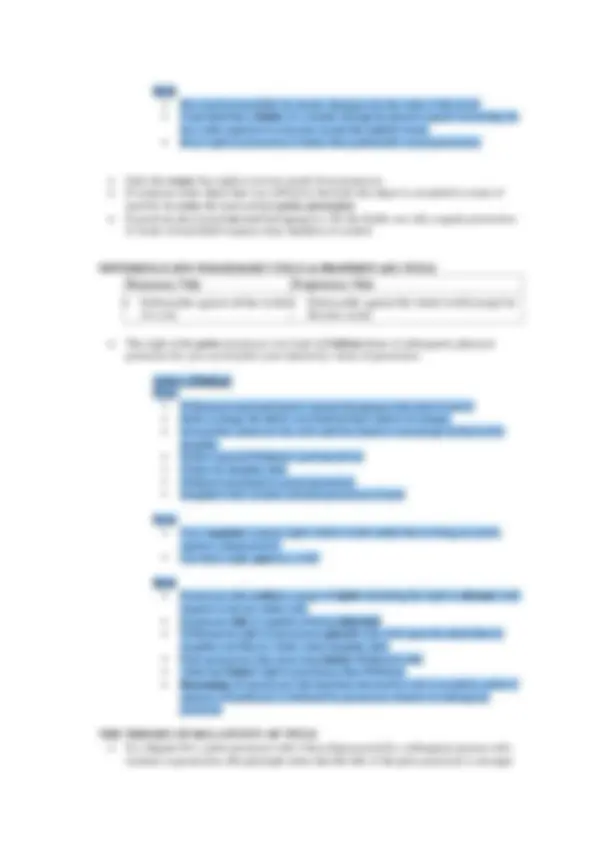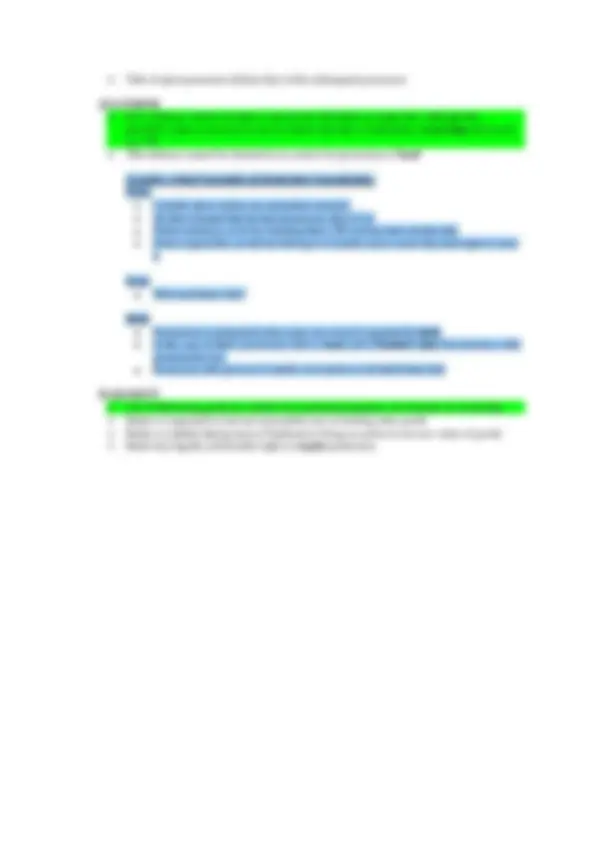




Study with the several resources on Docsity

Earn points by helping other students or get them with a premium plan


Prepare for your exams
Study with the several resources on Docsity

Earn points to download
Earn points by helping other students or get them with a premium plan
Community
Ask the community for help and clear up your study doubts
Discover the best universities in your country according to Docsity users
Free resources
Download our free guides on studying techniques, anxiety management strategies, and thesis advice from Docsity tutors
The legal concepts of possession and title, discussing the components of possession, methods of acquisition, and the legal consequences of holding possessory and proprietary titles. Real-life cases illustrate the application of these principles, including the finders' rights and the difference between possessory and proprietary titles.
What you will learn
Typology: Exercises
1 / 4

This page cannot be seen from the preview
Don't miss anything!



o (^) Physical concept referring to occupation of land or control over an object/thing for oneself o (^) Components of possession:
o (^) Title of prior possessor defeats that of the subsequent possessor JUS TERTII o (^) It is a defence which attempts to permit the defendant to argue that, although the plaintiff's right to possession may be better than that of defendant, ownership still exists in a TP o (^) This defence cannot be claimed in an action for possession of land Costello v Chief Constable of Derbyshire Constabulary Facts